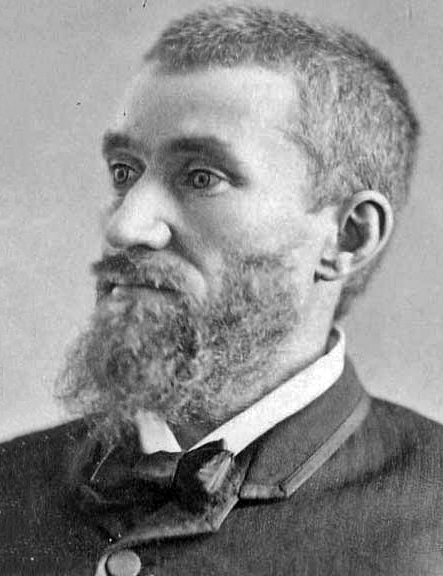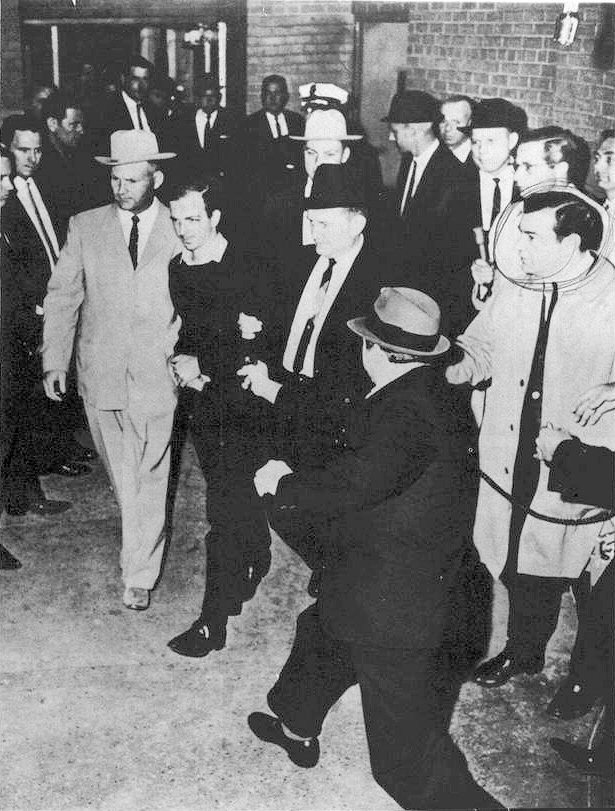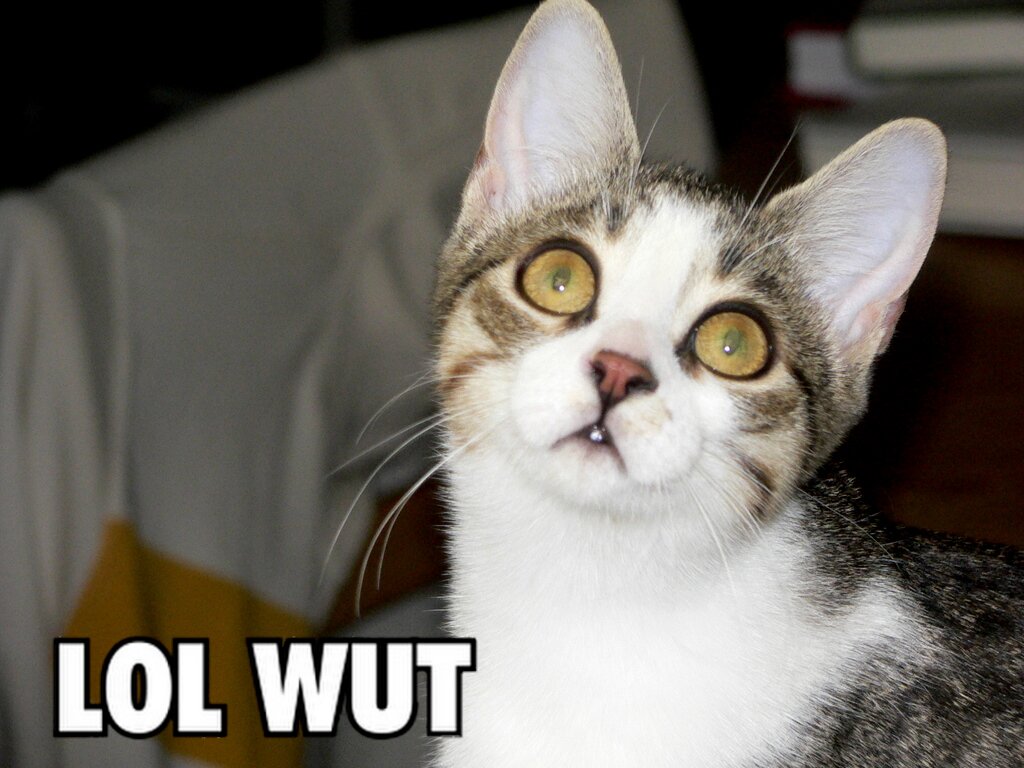So, when you join the world's best-known social network, they ask you innumerable questions. Where do you live? Where did you go to school? Who are your relatives? When is your birthday? Do you like boys or girls?
At The Quotables, however, we have always been fascinated that they also ask you to identify your favorite quotations. Why? It's not exactly the kind of thing you ask at a cocktail party or even as a way to try to build a friendship. I would bet that no one ever bellied up to a bar and asked, "Hey, baby, what's your favorite quotation?"
Nevertheless, quotations have become a huge part of the Facebook culture. Not only do most people have at least one on their "About" page, but some people actually spend time trawling through them. Don't believe me? Check out the post "My 50 Favorite Facebook Quotations" on Blog Income for Women. Plus, there are tons of posts where people share quotations to express their thoughts and many, many pages devoted to adding pithy sayings and profound remarks to funny or beautiful pictures. These get posted and re-posted continuously. Of course, they are not always accurately attributed, and some are even intentionally inaccurate like the one below:
This well-shared "Lincoln" quote has been created and re-created by a variety of people using different images and different variations of the quotation. There is even a version with Lincoln's name, but Benjamin Franklin's image. Then, there is the version with Ben Franklin saying, "You can't trust quotes on the internet." But, apparently, there is a battle in cyberspace, because William Shakespeare takes the opposite perspective:
Oh wait, that IS Shakespeare's image BUT with Franklin's name AND a title Franklin never held. So, enjoy your quotations on Facebook all you want, but be careful if you decide to use one in your English paper. In the meantime, enjoy our new segment, where we randomly select Facebook friends and share their favorite quotations with you. Listen now.














